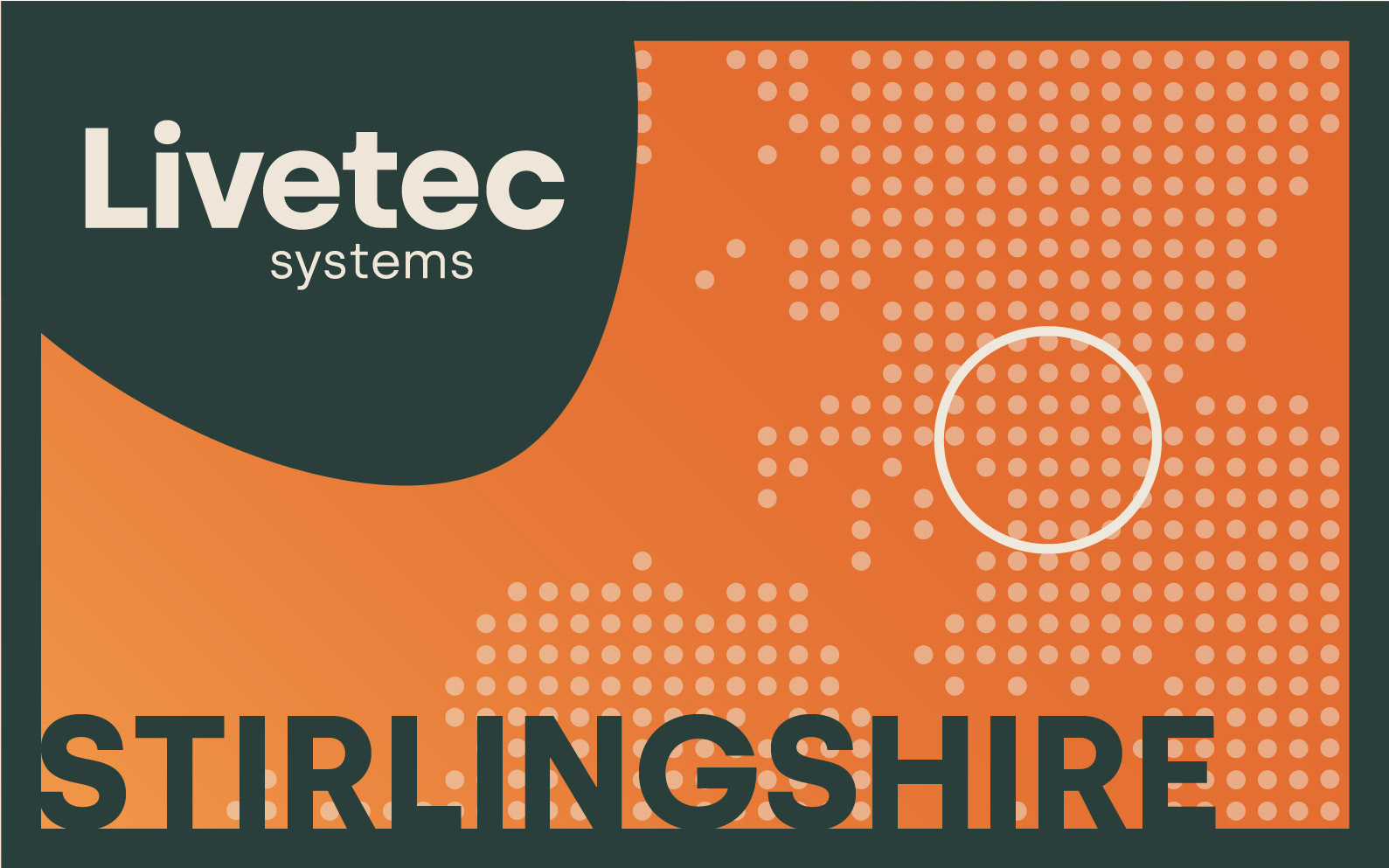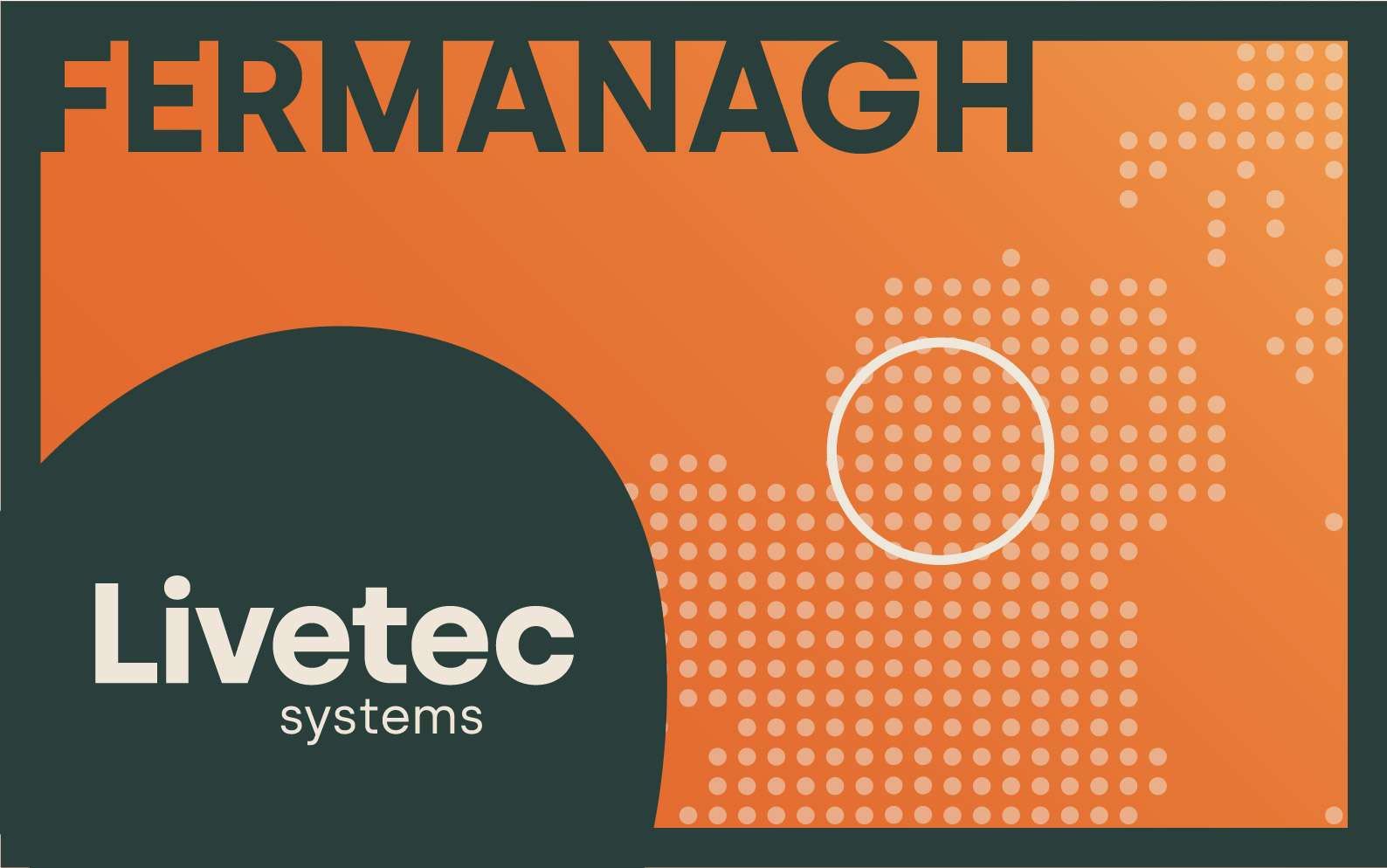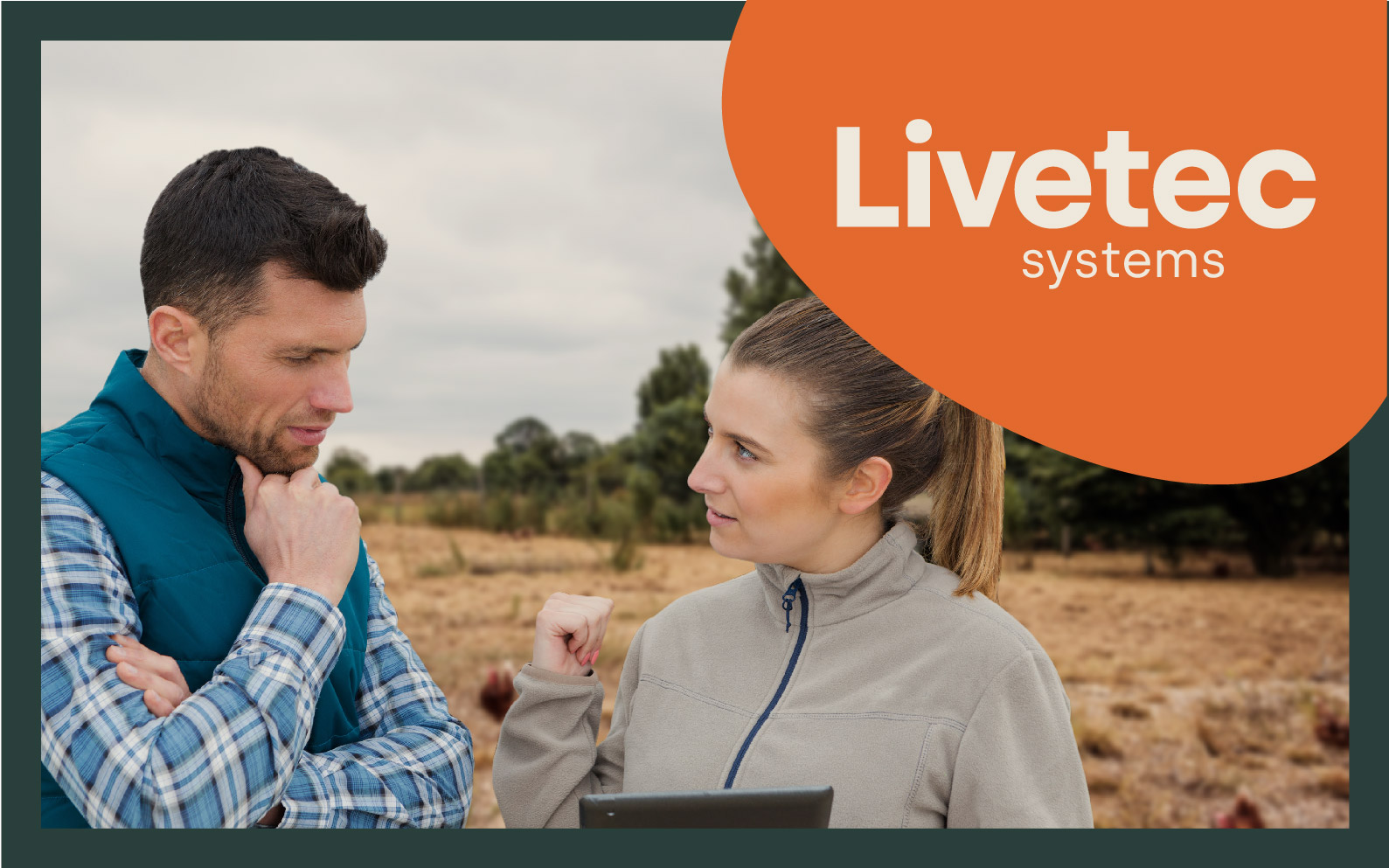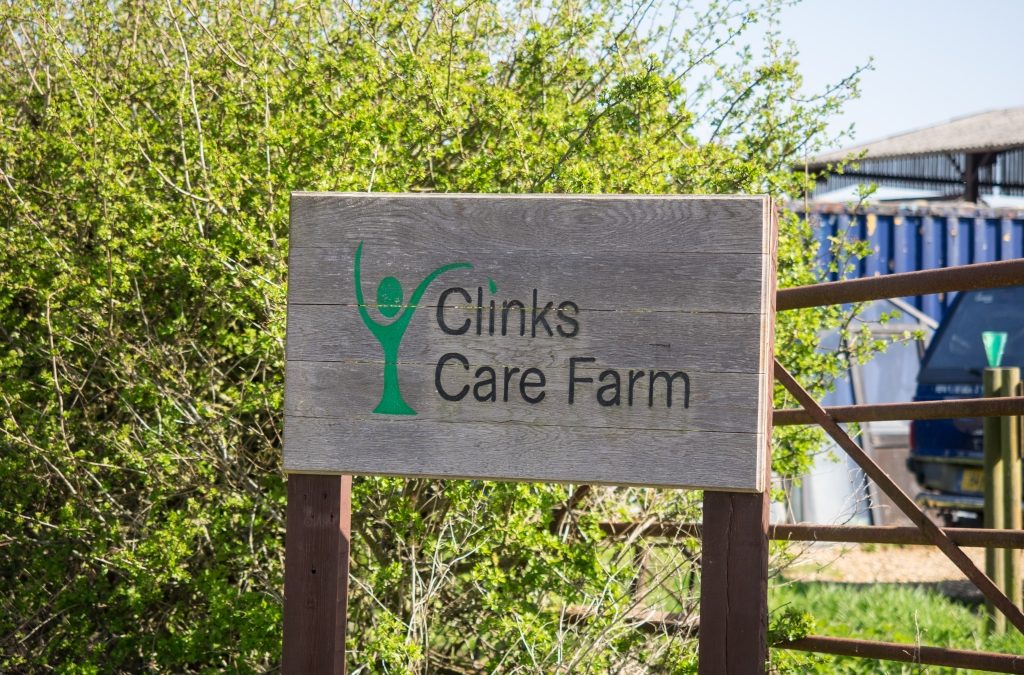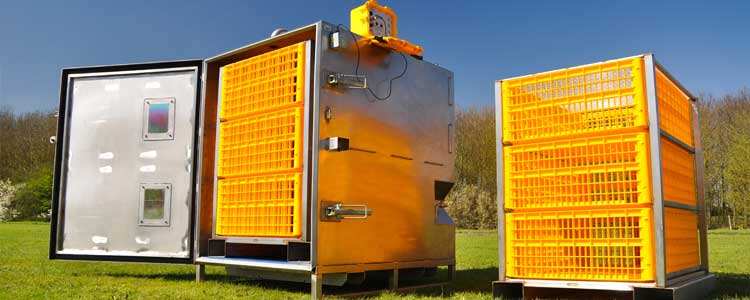As Autumn days reappear, leaves begin to turn red, yellow, gold, and daylight disappears earlier each evening – we’ll be changing the clocks back soon (25th October) – and we begin to notice the arrival of annual visitors from afar. Temperatures gradually dip, sometimes quite noticeably at night with clear skies and two full moons in October (the second a “blue moon”), and sounds may fill the air.
Honking and calling to one another; the flocks of geese, swans and ducks return to UK shores to enjoy a somewhat milder season. Some arrive for food, and many to breed, as daylight has all but gone, bar a few hours, whence they came. Thousands of miles are travelled in the annual migration, so some will rest en-route in different parts of Europe and refuel before travelling even further West to their Winter destination of the UK coast, or river tributaries, estuaries and floodplains, and other areas of open water.
For poultry keepers it becomes the high-risk period – a time when migrating birds, especially Anatidae (water birds), can bring disease to the farm, so extra biosecurity is essential. Hungry, tired birds will seek feeding opportunities on farmland and may leave faeces as their calling card! Anyone stepping into it, but not changing footwear upon entering bio secure parts of the farm, can inadvertently bring disease into the sanitised poultry sheds. Potentially, Salmonella or Avian Influenza can silently enter the sheds causing devastation to the birds within and financial disaster for the owner.
A contingency plan, as done by Livetec Systems, can pinpoint weaknesses within existing farm protocols, staffing arrangements, deliveries/collections, and evaluate potential threats within the neighbouring area that may increase the risks. Helpful advice can then reduce the potential risks, and a comprehensive plan could also attract reduced insurance costs, plus the additional benefit of having professional staff on hand to organise humane culling (price discounted) were the worst to happen.
As the Autumn approaches and Winter sets in, we reflect on the previous year and plan for the following year. It is vital we remain vigilant by now considering improved biosecurity so that these plans can, hopefully, succeed.
Sarah Russell, 07/10/2020
(Technical Officer)
